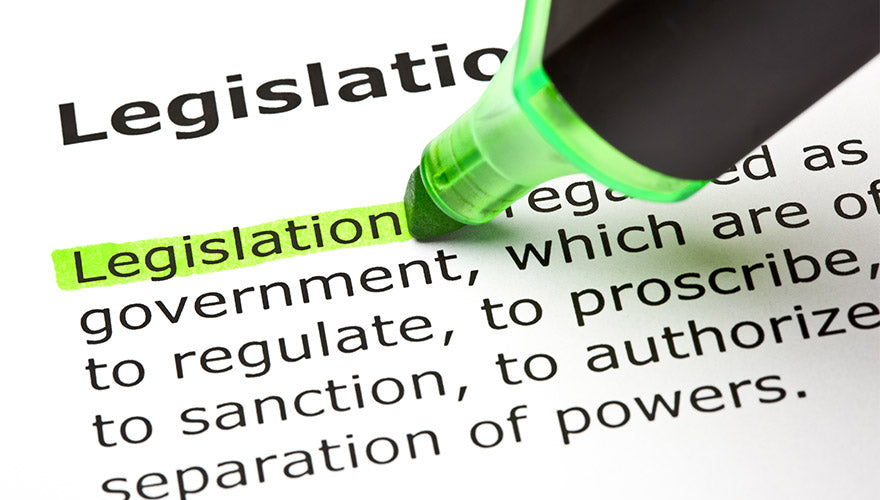The Albanese Government is poised to introduce significant legislative changes, marking a pivotal shift in Australia’s approach to international education. These reforms aim to address various challenges within the sector, ensuring its integrity and sustainability while simultaneously influencing migration patterns. This legislative overhaul is expected to bring opportunities and hurdles for educational providers and international students.
Key Provisions of the Proposed Legislation
Enrollment Caps: The new legislation will set limits on the number of international students that universities and colleges can enrol based on the demographics of their student body over specified periods. This is designed to better align international student numbers with the actual capacity of institutions and the broader goals of Australia's migration and education strategies.
Pause on New Registrations: There will be a temporary halt on applications for registration from new international student providers and new courses from existing providers, potentially lasting up to 12 months. This pause is intended to allow a comprehensive assessment and restructuring to ensure that only high-quality education providers are allowed to operate.
Demonstration of Domestic Delivery: New international education providers will need to demonstrate a proven track record of delivering quality education to domestic students before they can recruit international students. This requirement aims to maintain high educational standards and safeguard the welfare of international students.
Separation from Education Agencies: The legislation will prevent international student education providers from owning education agent businesses, a move intended to reduce conflicts of interest and enhance transparency in the recruitment process.
Cancellation of Dormant Registrations: To prevent misuse, the registration of providers that have not been active recently will be cancelled. This measure is designed to keep the sector dynamic and ensure that all active providers are fully compliant with regulatory requirements.
Regulatory Enforcement: Providers under serious regulatory scrutiny will be barred from recruiting new international students, a move that aims to uphold the quality and reputation of Australia’s education system.
Agent Commission Restrictions: The government will also prohibit commissions for agents on student transfers between providers within Australia. This measure is targeted at eliminating incentives for unethical practices among agents and providers, thereby fostering a healthier and more student-centric approach to recruitment.
Impact and Reception
These reforms are expected to significantly impact international education in Australia. By imposing stricter controls and greater oversight, the government seeks to curb exploitative practices and ensure that the sector contributes positively to Australia’s skills needs and economic development.
However, the changes could also pose challenges for universities, especially those in regional areas like Federation University, which have been heavily reliant on international students for revenue and cultural diversity. These institutions will need to adapt swiftly to the new regulations by diversifying their student base and enhancing their domestic offerings.
Consultation and Future Steps
The government has also released the draft International Education and Skills Strategic Framework for consultation with the education sector. This Framework outlines the government's long-term vision for a sustainable, quality-driven international education sector that aligns closely with Australia's strategic interests.
Minister for Education Jason Clare, emphasised the importance of integrity and sustainability in the sector, stating that the reforms are designed to protect international students and ensure the ongoing excellence of Australian education. Similarly, Minister for Skills and Training Brendan O'Connor, highlighted the government's commitment to a safe and high-quality educational environment for all students, free from the influence of unscrupulous operators.
As the legislation is introduced and the consultation process unfolds, the international education sector in Australia stands at a crossroads. These reforms could redefine the landscape of international education, promising a more regulated but potentially more robust and equitable system for the future.


































